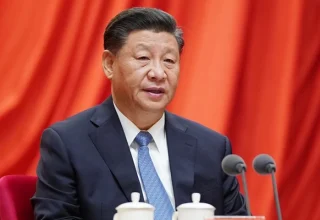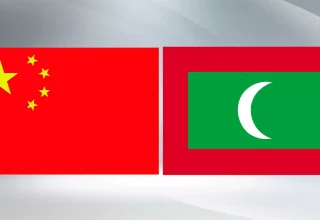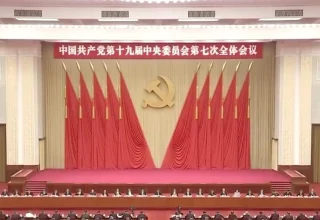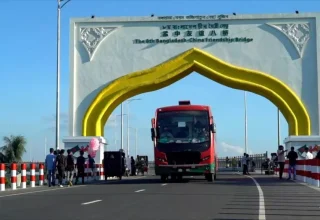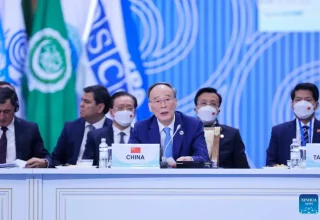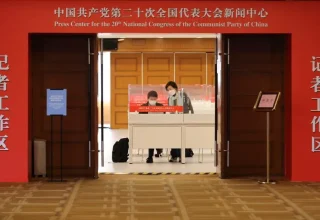GENEVA, Oct 9(ABC): The United Nations Human Rights Council on Thursday rejected a Xinjiang-related draft decision tabled by the United States and some other countries here at the 51st session of the Human Rights Council.
When the outcome of the vote was shown on the big screen, loud applause was heard at the conference hall of Palais des Nations in Geneva. Envoys of some member countries of the council congratulated Chinese diplomats there on the voting result.
Although the United States deliberately packaged the draft decision, and together with a handful of other Western countries added pressure on other members, the draft decision was rejected by most member countries, especially developing countries. The U.S.-led attempts ended with failure.
To attract more countries to vote for the draft decision, the United States and some other Western countries schemed to package it as a procedural issue that is neutral and has no political motives. However, the lie was debunked by representatives of other member countries.
“This proceeding exposes the deliberate interest of Western powers to instrumentalize the Human Rights Council to advance their geopolitical aspirations and selectively condemn the People’s Republic of China,” said Juan Antonio Quintanilla Roman, Cuba’s permanent representative to the United Nations Office at Geneva.
“Many say we should give the council the opportunity to debate. But those same countries that want to debate now, where have they been for all these years?” asked the envoy.
“When the Chinese delegation, session after session, has organized side events, photo exhibitions, talks with authorities from the Xinjiang region, visits of hundreds of people, including diplomats based here in Geneva … side events even during times of the COVID-19 pandemic, bypassing all obstacles, where have those countries been if they were really that interested in discussing the situation that concerns them in the People’s Republic of China?” he went on to question.
Hector Constant Rosales, permanent representative of Venezuela to the United Nations Office at Geneva, said, “We warn about the dangerous steps that this hegemonic country is intentionally taking to turn this council into a stage for politicization and confrontation, using human rights as an instrument.”
“The word dialogue is therefore used as a synonym of imposition in this case, and we cannot be complicit in this continuous politicization,” he added.
Khalil Hashmi, Pakistan’s permanent representative to the United Nations Office at Geneva, said, “Pursuit of an ‘a la carte’ approach driven by political considerations carries the risk of further accentuating politicization and polarization, it also undermines the credibility of this important UN body.”
Maira Mariela Macdonal Alvarez, permanent representative of Bolivia to the United Nations Office at Geneva, said the draft decision covers up “its real intention of political manipulation, seeking to include China on the Human Rights Council’s agenda in order to attack constantly to this country in the coming sessions.”
She added that the move “clearly instrumentalizes the Human Rights Council for its geopolitical intentions.”
Chen Xu, head of the Chinese Mission to UN in Geneva, said the United States and some other countries tabled the draft decision and packaged it as a procedural issue, attempting to justify the unauthorized and illegal “assessment,” and to put Xinjiang-related issues that do not exist at all on the agenda of the council.
No matter how the draft decision is disguised, its ulterior motive is to take advantage of UN human rights bodies to interfere in China’s internal affairs, he said.
“The Xinjiang-related issues are by no means human rights issues. They are about counter-terrorism, deradicalization and anti-separatism,” Chen said.
He told the council that after arduous efforts, Xinjiang has seen no violent and terrorist incident for five consecutive years. The human rights of people of all ethnic groups in Xinjiang are protected to the fullest extent.
“Turning a blind eye to these facts and truth, the United States and some other countries had fabricated and spread numerous lies and rumors, in an attempt to smear China, undermine Xinjiang’s stability and contain China’s development,” he said. “It is a typical example of political manipulation and the gravest violation of the human rights of all ethnic groups in Xinjiang.”











